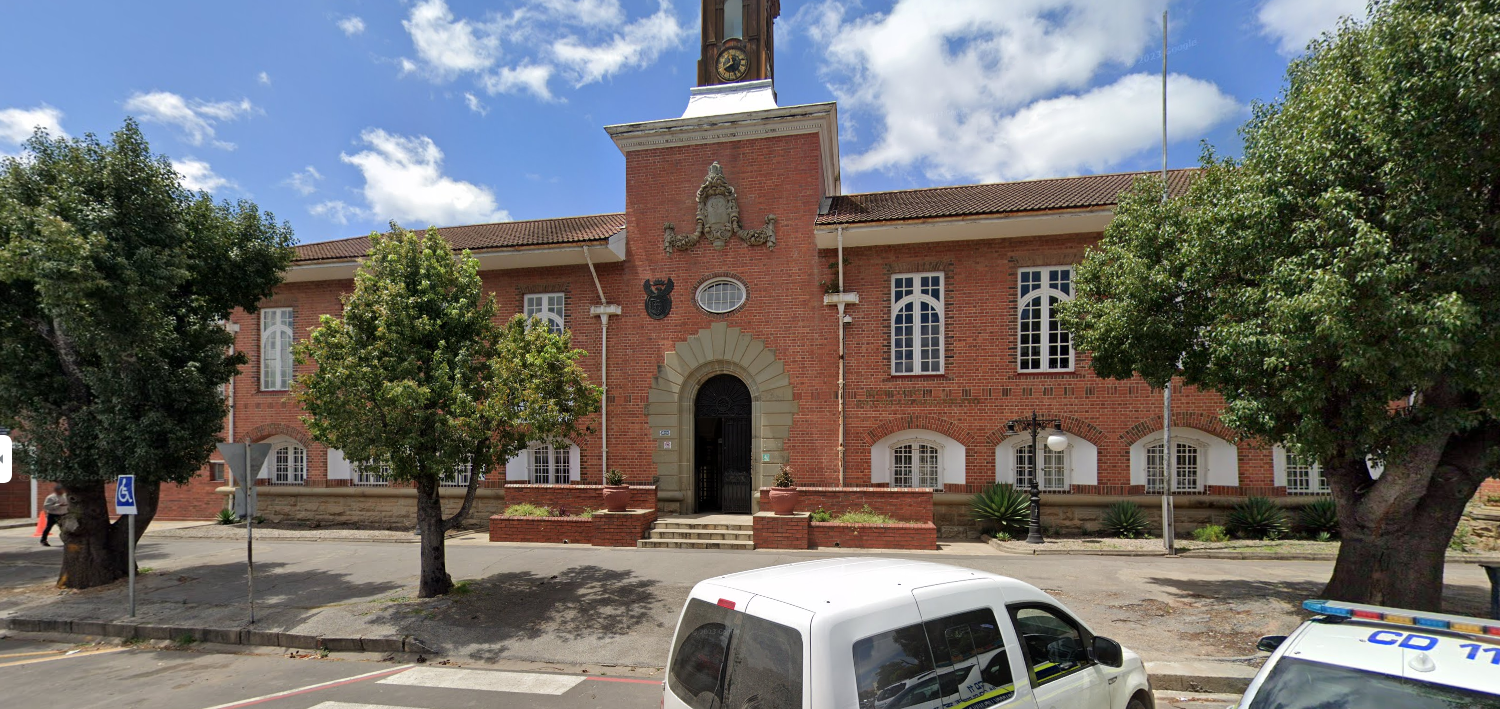By ‘Odidi Matai-Sigudla
The Minister of Justice and Correctional Services, Ronald Lamola, has gazetted another extension to the final release of the report on the proposed forced relocation of the Makhanda High Court. In November 2022, the Moseneke Commission of Enquiry on the Rationalisation of Courts recommended that the court be relocated to Bisho. Since then, the Department of Justice has been taking submissions from the public. The Commission was supposed to release its final recommendation at the end of April, but Lamola has now granted an extension until 31 October 2023.
Brin Brody, attorney and senior director of local law firm Wheeldon, Rushmere, and Cole and member of the Makhanda High Court Action Committee (MHCAC), said “it would be pure speculation as to why this has been done. It may be that the Commission has asked for an extension, or the Minister has received the report, and he needs more time to consider.”
On 28 May, Makana Mayor Yandiswa Vara convened a meeting about the move with Premier Oscar Mabuyane, the Provincial Executive Committee of the ANC, Home Affairs Minister Aaron Motsoaledi, and elected leaders from the district and neighbouring municipalities to meet with the MHCAC and hear their objections. Rhodes University Vice-Chancellor Professor Sizwe Mabizela, attorneys Brody and Mike van der Veen from Wheeldon, Rushmere, and Cole, and attorney Stuart Terr from de Jager Lordan represented the MHCAC.
“There was meaningful dialogue and fruitful discussion between the High Court Action Committee, the Premier, and Minister Motsoaledi. The relevant facts relevant to the movement of the Seat, the issue of concurrency, and the area of jurisdiction were fully canvassed by our committee,” stated Brody.
Brody added that the MHCAC had presented its economic impact study at the meeting, which found that Makhanda would lose at least 5 000 jobs if the court was relocated, meaning that 25 000 people who depend on those employees would be left without income. Adopting a multiplier ratio approach, this would be equivalent to the loss of 220 000 jobs, affecting one million dependants in Johannesburg, Brody said.
While Johannesburg could absorb such a loss because of its economy, Makhanda would not. “Makhanda only has Rhodes University, the private schools, the Municipality, and the High Court as the cornerstones of our local economy,” Brody said.
Although the topic of the meeting was dire, Brody expressed his gratitude towards Vara for arranging the meeting, to Mabizela for his eloquent address, and to the sub-committee members present.


